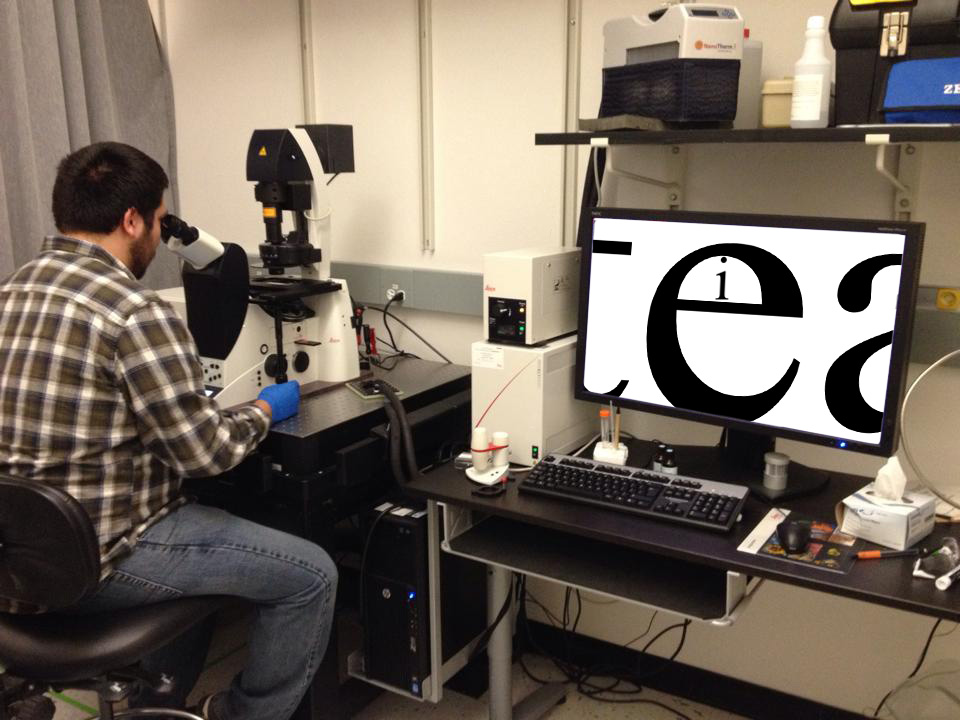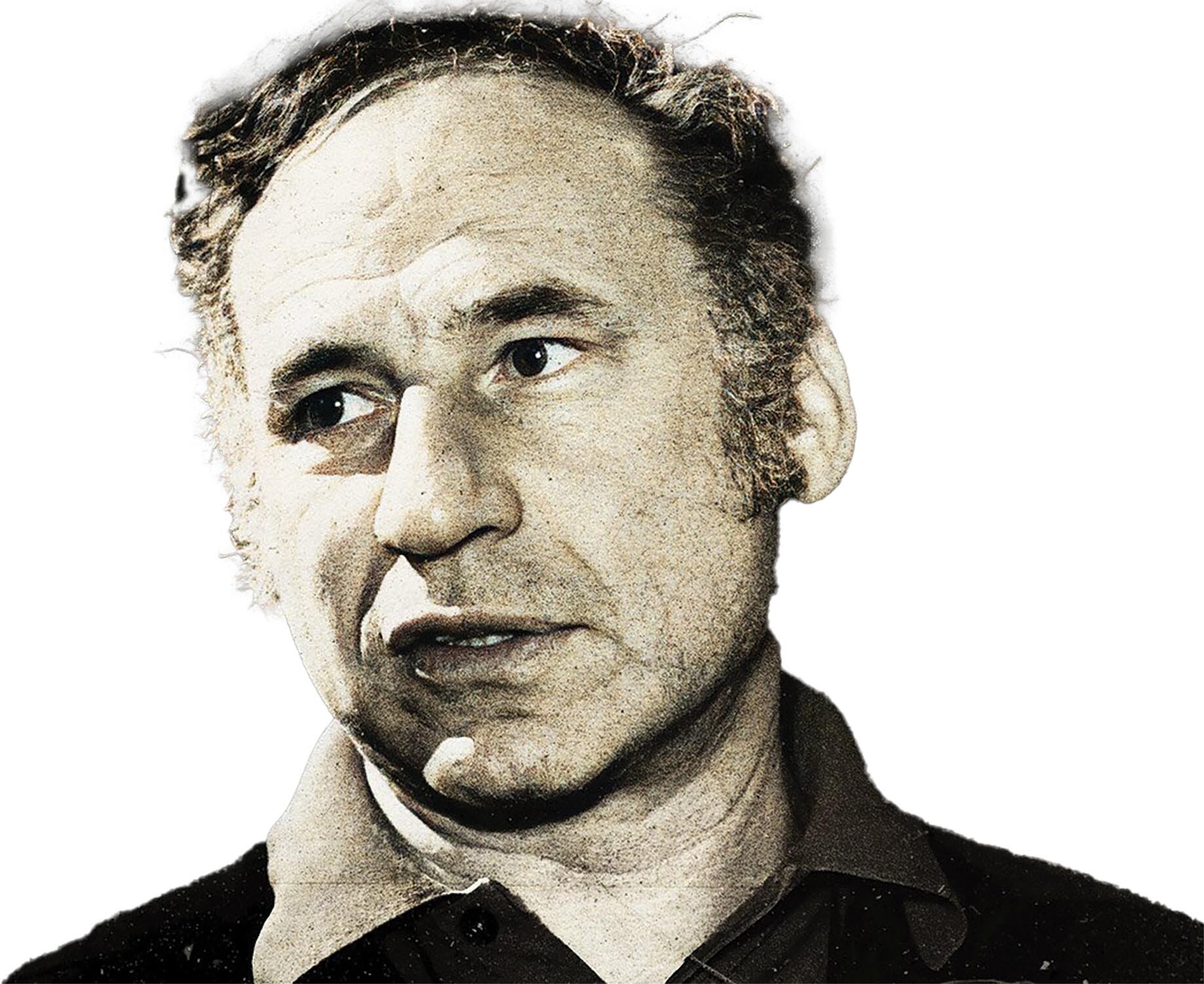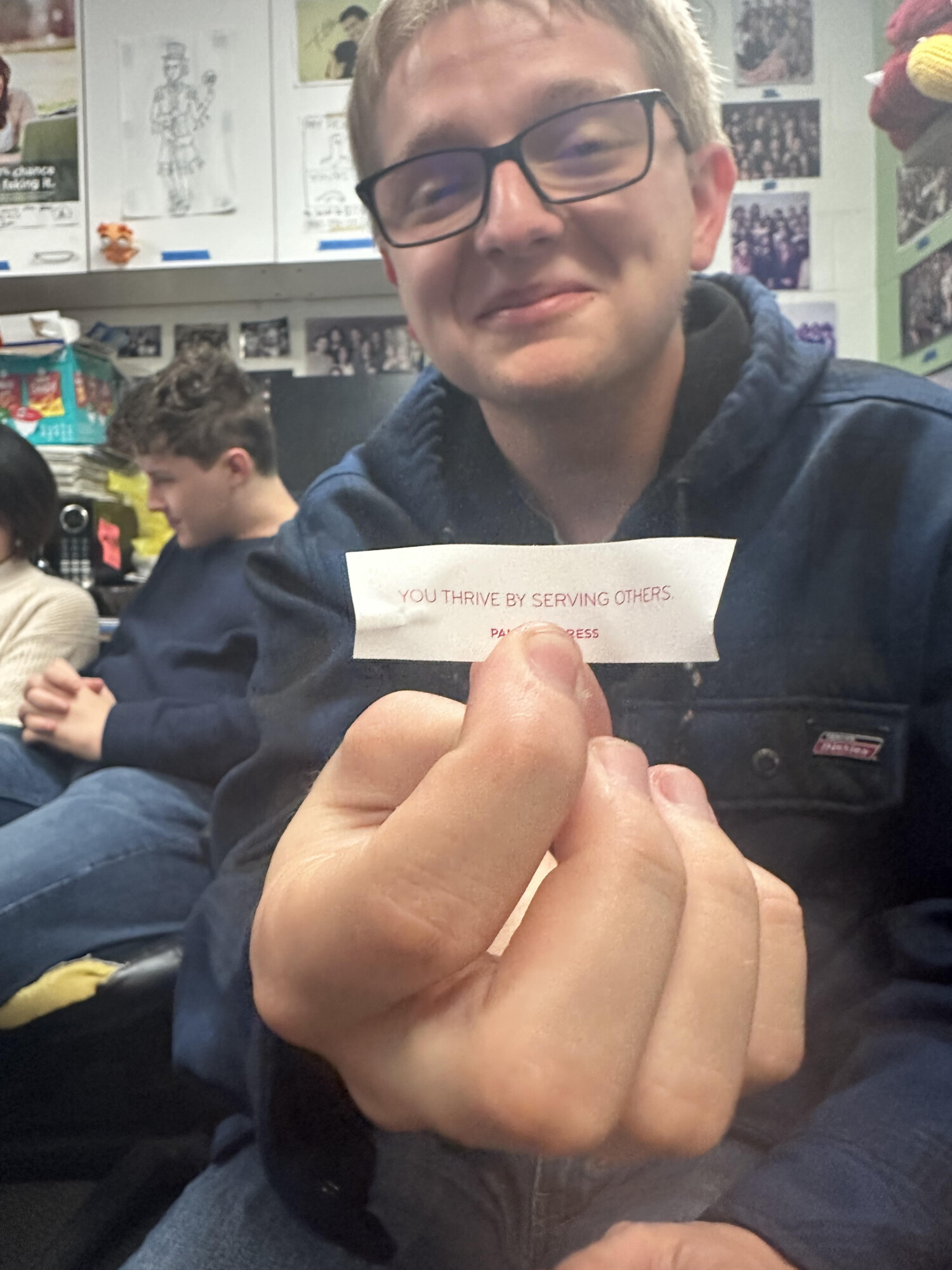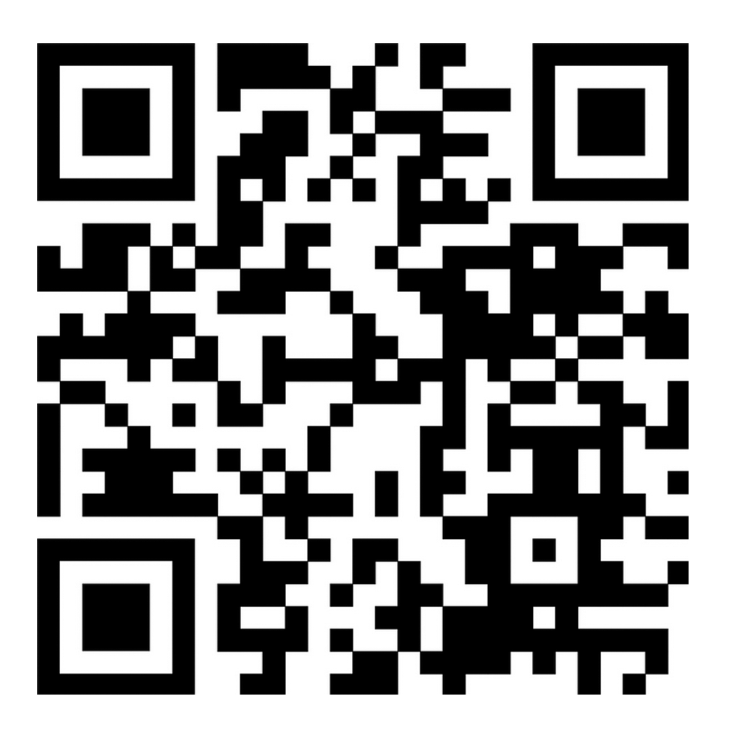
Photo by: Jen Windsor
A group of local linguists discovered Tuesday that, contrary to a popular aphorism, there is in fact an ‘i’ in “team.” Although a representative from the gaggle of linguists insisted it’s merely “an unsurprising orthographic finding consistent with standard phonetic vowel transcription,” local media outlets such as the Serious Reliable News Bulletin and Sensational Stupendous Daily Paper have heralded this respectively as “a major scientific breakthrough!” and “a groundbreaking finding that changes everything!”
“Look, we should have known this ages ago,” sighed another member of this committee of linguists. “If you write based on sounds, instead of arbitrary rules based on history like the rest of you plebs, which the basic premise behind the International Phonetic Alphabet — I can’t believe we’re still dealing with explaining this to you people — then the sound ‘ee’ is written with that lowercase ‘i,’ especially if I do it like this!’” The linguist then strangely contorted her face, stretching her lips extremely widely and lifting her chin slightly.
The herd of linguists were then asked about the fact that most of the literate English-speaking world believes there is no ‘i’ in team, and that there has been a catchy saying about teamwork based on that fact. A linguist from the flock snapped “Well, there’s also a ‘u’ in ‘failing to understand coincidences’ and an ‘i’ in ‘making decisions about how to work with people that aren’t based on spelling.’”
Another member of the pod of linguists offered a further explanation, to clarify the overly vernacular terminology: “It requires merely a basic acoustic understanding of the anaphoric spectral fundamentals that comprise all of the graphemes which form our standard orthography to realize that phonetically and phonemically, [tim] is the proper spelling because the allophonic waveforms underlying the morphemes suggest that colorless green groups of people sleep furiously.”
Some, like Professor Juliana Herst, in the neighboring Philosophy department, have celebrated the new finding.
“This finding opens up such fascinating ethical implications,” she said. “If an ‘i’ can be in ‘team,’ what does that say about the sacrosanct nature of aphorisms? Could there be non-busy bees? Could pots conceivably call kettles black? Could horses be forced to drink if led to water, and doesn’t that violate the personal agency of the horse? Should people who live in glass houses pick up stone-throwing as a hobby?”
Fellow philosopher Ayah Hosseini suggested that the inherent truth of aphorisms was present whether or not science accorded with it, and the philosophers fell into a debate about the platonic ideal of an aphorism. The union of philosophers is unable to provide a statement on their collective response to the new linguistic finding.
Josie Mandson, a UC San Diego Human Resource representative who happened to be in the Linguistics building at the time of the study’s release and was thus available for comment, expressed her deep disappointment about the new scientific discovery.
“What am I going to tell people now to motivate them to subsume their own personal desires and exert thankless effort as part of an anonymous hive of workers?”
The parliament of linguists replied officially with a shrug.
“That’s not our problem,” said the tim.
Written by: Jaz Twersky











